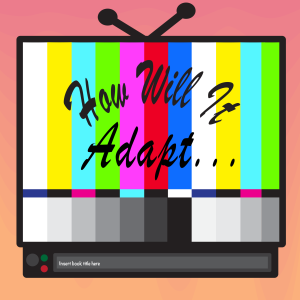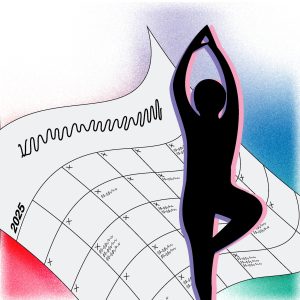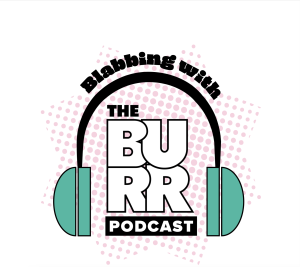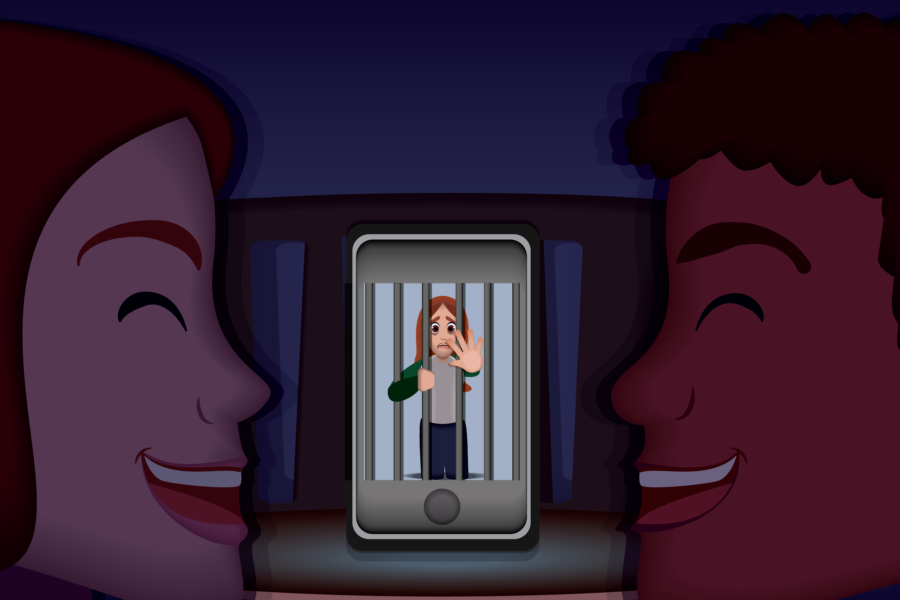Illustration by Miranda Sepulveda
“We’re training and conditioning a whole new generation of people that when we are uncomfortable or lonely or uncertain or afraid, we have a digital pacifier for ourselves, and that is kind of atrophying our own ability to deal with that.”
–Tristan Harris, former design ethicist at Google and co-founder and president of Centre for Humane Technologies
There is no doubt about the power social media holds. In the time it will take you to read this short blog, research suggests you are likely to check your phone at least once. Now that you are aware, don’t fall victim; take a seat, and let’s jump right into some eye-opening facts! You may have seen Netflix’s popular documentary “The Social Dilemma” or ironically heard about it as it quickly became the talk of social media. Former Silicon Valley employees and tech experts united in the creation of “The Social Dilemma” to share shocking insights into the dangerous personal and societal impacts of social media today.
When asked by the interviewer in the documentary what his biggest worry is, former Facebook executive Tim Kendall said, “civil war.” He continued, “If we go down the current status quo for, let’s say, another 20 years … we probably destroy our civilization through willful ignorance. We probably fail to meet the challenge of climate change. We probably degrade the world’s democracies so that they fall into some sort of bizarre autocratic dysfunction. We probably ruin the global economy.”
Since the documentary’s debut, there has been a lot of buzz about the current and foreseen issues of social media and excessive screen time. So, what exactly are some of the dilemmas social media platforms pose? According to their website:
- In a 5,000 person survey, the American Journal of Epidemiology discovered that people who had higher social media use showed a correlation with declines in mental health, physical health and overall life satisfaction.
- The New York Times reported that in 2018 and 2019 the number of countries with political disinformation campaigns on social media doubled.
- An internal Facebook report found that 64% of people who joined extremist groups on Facebook did as a result of being steered there by the algorithms.
Wow. That being said, have you considered how much time you spend on your phone every day?
Kendall, the former Facebook executive, former president of Pinterest and current CEO of Moment — an app that helps people adopt healthier phone habits — shared tips for effectively controlling your screen time.
1. Understand your phone usage
People tend to spend 1.4 times more than they think on their device, according to “A New Idea for Assessing Mobile Phone Addiction.”
2. Silence notifications
Airplane mode and muting social media notifications can cease temptations to constantly check and grab for your device — especially 30 minutes before you go to bed at night, as recommended by the National Sleep Foundation.
3. Create time limits on apps
Setting boundaries is key to limiting unnecessary distractions and screen time. By going into Settings > Screen Time, you can see how many hours a day you spend on your device, and you can set limits for how many minutes a day you check social media platforms. When the daily limit is up, you receive a notification, which I find to be a helpful reminder.
The app Moment provides daily reports on how many minutes you spend “in the moment” away from your phone, your average screen time per day, and it has the option to create a little healthy competition with friends or family to see who really spends more time off of their device and in the moment. The app also shares how many times you simply pick up your phone each day. Statistically, the average smartphone user touches their device 2,167 times per day, with the average for heavy smartphone users reaching 5,427 times, according to 2019/2020 technology addiction statistics.
When faced with the facts about how often you reach for your phone or how the hours you spend online add up, would you feel compelled to make a change?
If you’re like me and feel shocked by the data I found about my own phone habits, it might be time to disconnect and dial back the screen time. Since watching “The Social Dilemma,” I made a conscious effort to put my phone down and spend more of my downtime reading books, getting exercise and enjoying the beautiful fall weather. Since then, my screen time decreased by nearly 50%!
As a result of COVID-19, much of the world can be found spending countless hours sitting behind a phone, computer screen or television screen. As we continue to navigate the increasingly digital world we live in, here is a reminder to disconnect and spend more time truly in the moment.
For more information and helpful resources to find out how you can take action, head over to the documentary’s website for more info.


















